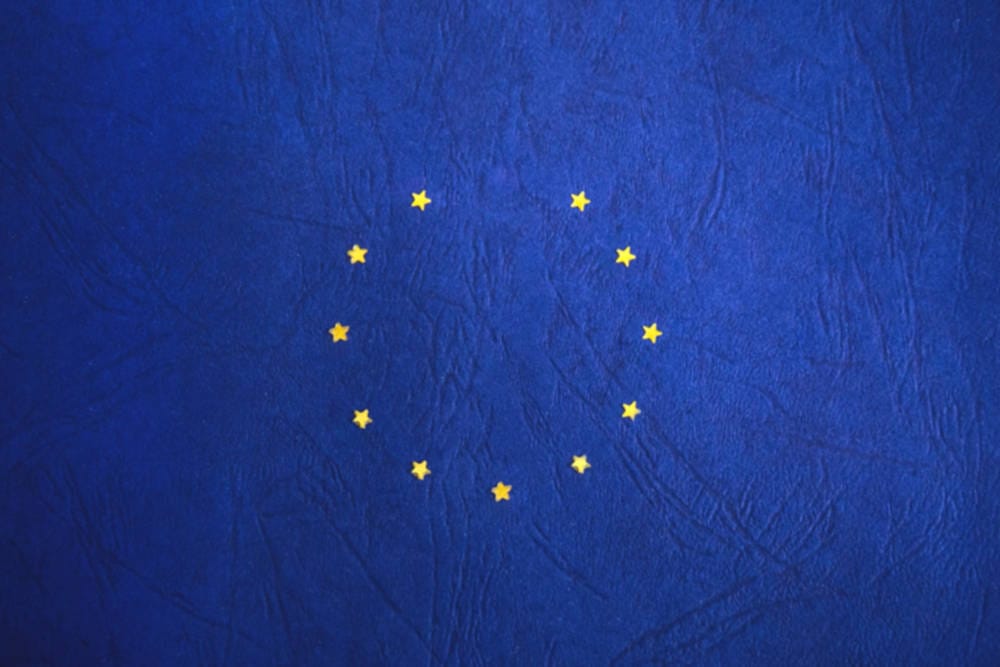Science post-Brexit: Reasons to worry?
With less opportunities to work with neighbouring countries and the significant issue that is the loss of EU funding, scientists all over the UK are wondering what other ramifications are yet to come.

Angry academics losing their funding, sudden doubts about why we EU students left our lovely countries in the first place, and a vague notion that we should all just emigrate to Canada are the thoughts that often spring to mind when hearing the scary words ‘science’ and ‘Brexit’ put together. Is the future all doom and gloom for the UK scientific community in an uncertain post-Brexit future? Dr. Mike Galsworthy, director of Scientists for the EU, attempted to answer this in his talk “Brexit & Science: where now?” for the London Forum for science policy and concludes that, yes, it might well be. But, sigh of relief it is not yet too late to prevent all the UK science infrastructure falling to pieces.
Unlike immigration policies for trade and welfare, science is one of the few topics of debate that remained relatively uncontroversial in the heat of the pre-Brexit referendum and certainly one that created few clashes within the scientific community. Shortly after referendum talks began in May 2015, Mike Galsworthy and Rob Davidson created Scientists for the EU in an attempt to raise awareness of the key importance of assuring the scientific prowess of the UK. As scientists do, they compiled an enormous amount of facts, highlighting the importance of being part of the European Scientific community. As Galsworthy pointed out during his talk, as a full member, the UK enjoyed a key role in shaping and executing the EU research agenda. In the last funding period (2007-2013), it received more funds from the European Research Council than any other member state, amounting to €1.7bn. It is these funds, and not the scarce government subsidies, that have ensured the continued scientific power of the UK. 73% of the growth in science contracts have stemmed directly from the EU. 93% of UK scientists said the EU was a major benefit to UK science. Letters were written, articles published and Facebook pages made, but the efforts of 150 Royal Society Members, 13 Nobel Prize laureates and a total of 5,500 scientists did not manage to win the remain vote on June 23rd.
Is the future all doom and gloom for the UK scientific community in an uncertain post-Brexit future?
62% of the UK’s scientific papers, Galsworthy explains, are international and more than half of these are with EU partners. The EU supports collaboration through funding, shared infrastructure and joint projects and the UK has consistently been involved as a lead member in all these schemes, hosting the most Excellent investigator-driven research projects of all the EU members. The EU supported 3,539 UK-based researchers to access 1,055 European research facilities in the 2007-2013 period. Additionally, 107 UK national research facilities received support from the EU to grant access to international researchers, fostering collaborations and exchange of ideas. These tightly nit collaborations have in fact already been threatened as a result of Brexit. A mere three weeks after the referendum results, disruption had already occurred in the Horizon 2020 programme, with several UK scientists being invited to step down from the plans. Additionally, over 80 scientists reported being prepared to leave, as indicated in the brief “Monitoring Brexit vote impact on UK science” and numerous research groups nationwide claimed to have no government guarantee of a renewal of their funding in the aftermath of the vote.
Numerous research groups nationwide claiming to have no government guarantee of a renewal of their funding in the aftermath of the vote
If one thing has been made clear amid the political chaos that had spiralled post-Brexit is that an inability to create a rapid and clear-cut government policy with regards to science will not only damage the reputation of our scientific institutions, decrease UK research quality and severely decrease the potential for international collaboration, but it could quite possibly, given the importance of the UK as a leading scientific power worldwide, diminish the output of European research, resulting in a loss to scientific endeavour worldwide. Scientists for EU have compiled an eight point plan for UK science calling for an increase for national funding, protection and promotion of science immigration and commitment to harmonized standards and regulations. It is now the job of each of us to be mini lobbyists – follow Scientists for the EU, attend that protest even if it rains, share that article and sign that petition. Politicians don’t always respond to public pressure, but is it not worth a shot? Yes, trade deals are important, but knowledge is a currency to be of proud of too.








